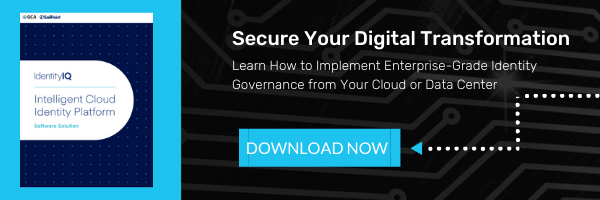Leadership vs. Management
One of the biggest misconceptions that people in positions of power seem to believe is that by landing themselves a leadership position, they inherently have the necessary skillset to sufficiently lead. What’s more, many of these people believe that those who are being led must conform to the style of leadership defined by said ‘leader’. The truth is, these types of people are not really leaders at all. In fact, by definition, they are simply managers. A manager is tasked with controlling or administering a part of an organization.
By expecting others to adapt to your leadership style, you are limiting yourself and your department, company, etc. to only leading those who react positively or those who conform. Every single person has a unique personality, specific skillset, and a different way of excelling professionally. We are all truly remarkable creatures of habit built upon the combination of millions of years of evolution, childhood upbringing, and various factors in regards to life experiences and innate personality type. When you factor these into the corporate work environment, it’s a miracle that businesses can thrive at all.
Your Leadership Wardrobe
There is a fantastic book, Business Chemistry: Practical Magic for Crafting Powerful Work Relationships, that delves into the psychology behind us as humans and claims that everyone falls into one (or two) of four categories. The premise is quite simple: we all have different working styles, and by leveraging the strengths of each of those working styles (as well as objectively identifying your own working style), we give ourselves the tools to be pivotal leaders. By simply taking the time to truly understand yourself, your working style, and your character, you open the wardrobe to an entirely new world (shoutout to C.S. Lewis) that the majority of “leaders” never gain access to. When you couple that with a desire to not only understand the people around you but empower them to succeed by leveraging their strengths, you have the potential to leave a legacy and create a lasting impact on the world.
We are here for you
Allow us to help you pick the best of breed solution for your IAM Issues
Evolution to an Impactful Leader
Therefore, I encourage you to take the following steps in order to evolve (or continue evolving) yourself into an impactful leader:
- Take the time to understand yourself. Understand whether you are an introvert or an extrovert. Define what drives you and what hinders you. Study yourself to determine what traits you like to see in people and what traits/habits drive you bonkers, and then objectively ask yourself if it drives you crazy because it’s a bad trait or if it’s just a different trait than what you align with. There are plenty of resources to help you accomplish this: take a personality test, read a book (see below), attend a Udemy course.
- Educate yourself on the different personality types out there, the different innate habits we have as humans, the psychology behind why people act in certain ways. I vehemently recommend picking up a copy of Business Chemistryas well as a copy of The Laws of Human Nature, as these will set you above 95 % of other people. The personality test mentioned above will also help in this regard.
- Begin to pay attention to the people you surround yourself with within a given week (i.e. interact with more than once a week). From an unbiased perspective, begin to define their habits and traits. I personally treat it as a game, but instead of trying to determine who killed Mrs. Peacock with the candelabra in the dining room, I teach myself specific traits about each person I closely interact with and categorize their strengths and weaknesses.
Leadership is a Marathon, Not a Sprint
This plane will never get off the ground, however, if you do not remove the baggage that comes with judgement and bias. We all have very positive traits, but we also all have a few traits that don’t necessarily add value to our aspirations of being impactful leaders. By understanding the difference and working towards replacing the bad with the good (spoiler alert: it’s not easy), we inherently become better leaders. When you factor in your newfound ability to read people and combine your strengths while removing your perception of “weakness” (because you now understand it isn’t a weakness, it’s just different), you have the makings of becoming a profound leader, and have empowered yourself to create a legacy that lives on long after your tenure!




